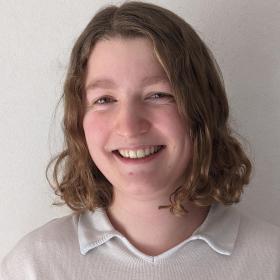
My research work focuses on the ecology of mice in the city, in particular to their potential use as “nature-based solutions” (NbS), such as composts and collective gardens, which are becoming more and more common in a city/metropolis in transition like Lyon.
This work can be divided into three areas:
- The first is to study the population genetics of these mice in the city, in relation to the presence or absence of SfNs, in order to identify what structure may be in place, and can SfNs contribute to their dispersal?
- The second axis will address health and population management issues through pathogen screening of the mice sampled, as well as the detection of resistance to anticoagulant rodenticides on the vkorc1 gene. Once again, in order to understand the factors that can promote them, with a particular focus on the SfNs under consideration. This axis is in collaboration with the RS2GP unit at Vetagro Sup (Marcy l'Etoile).
- The third axis aims to determine whether the presence of SfN leads to changes in diet and resource use. We will study this from an isotopic ecology angle, in collaboration with the LEHNA laboratory, but also via the study of morphometry.
This thesis began in mid-October 2024.
These axes require a first year of mouse capture within the metropolis.
In addition to this research work, I teach two biostatistics courses in the Licence BG2S program at Lyon 1 University, the MATH SV course for L1 students and the STAT2BIO course for L2 students.
Finally, I'm also a member of the Migratory Finches board (the lab's non-permanent staff association). Throughout the year, we organize events where we can meet up and have a good time. I invite you to visit the Pinsons page directly to find out more!
You can find me in the Mendel building, 1st floor, office 11.035 !